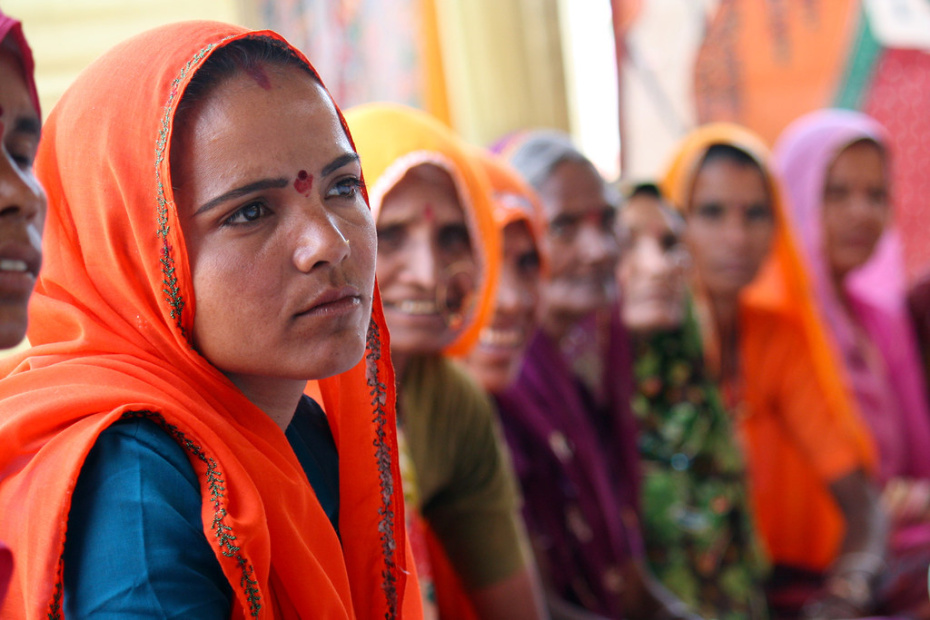Breadcrumb

Unprecedented number of women leaders, but parity still far off

The 2021 IPU-UN Women Map of Women in Politics, jointly released by UN partner the Inter-Parliamentary Union (IPU) and UN Women, spotlights the record number of women in top positions, which now stands at 22, including nine heads of State and 13 heads of government.
Europe has the most women leaders, and the Nordic countries of Denmark, Finland, Iceland and Norway are all currently led by women.
In 2020, world “cannot afford” so few women in power. New data in the IPU-@UN_Women 2020 #WomenInPolitics map shows women's representation in political decision-making is up but at a snail's pace. Women lead only 10% of countries. #Beijing25 #IWD2020 #SDG5 https://t.co/VpmOrj4z6f
— IPUparliament (@IPUparliament) March 10, 2020
Moreover, Nicaragua, Austria, Sweden and Belgium constitute the top four countries where women hold more than half of all ministerial positions, followed by Albania, Rwanda, Costa Rica, and Canada.
The portfolio most often held by a woman, according to the IPU data, is environment, followed by social affairs, women’s affairs, and gender equality.
‘Not good enough’
While the number of women ministers rose to 21.3 per cent of the total last year, the increase in representation slowed up to 1 January this year, when the data was compiled, showing just a 0.6 point increase, to 21.9 per cent.
And for some regions, no progress has been made at all. There are still 12 countries among those surveyed, which do not have a single woman minister.
Martin Chungong, IPU Secretary General, said that “this year’s growth in the number of women in political decision-making is just not good enough, especially when you consider that 70 per cent of health, care and service workers during this pandemic are women.”
“No country prospers without the engagement of women”, said Phumzile Mlambo-Ngcuka, UN Women Executive Director, stressing that “we need women’s representation that reflects … all their diversity and abilities, and across all cultural, social, economic and political situations.”
Bold action
Mr. Chungong called for more efforts to be made by countries to increase the number of women around cabinet tables and in ministerial offices worldwide: “We have the tools to make it happen. What we need now is the political will”.
Ms. Mlambo-Ngcuka also underscored that “we still need bold, decisive action across the world, to bring women into the heart of decision-making spaces in large numbers and as full partners.”
